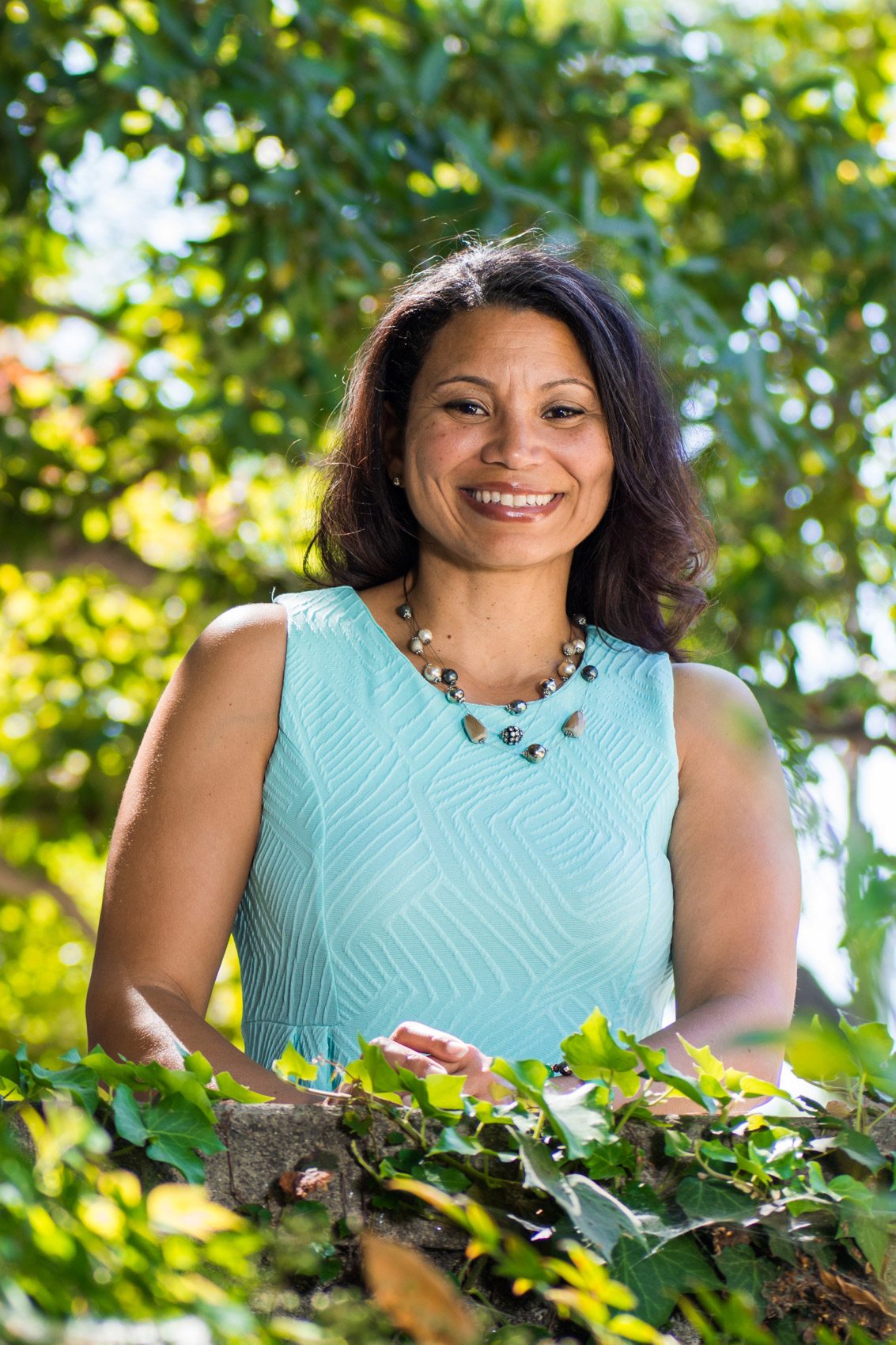“People like you don’t go to college.”
The words still ring in my head from time to time. Whenever I face a challenge, I feel that small seed of self-doubt.
I was the seventh of nine children, and I entered the foster care system at birth. I was blessed to be fostered into the home of Cleopatra and D.C. White when I was just three days old. They legally adopted me at age 4.
Born in 1917 and 1919, respectively, D.C. and Cleo, both African American, had grown up in the south, where segregation prevented them from attending well-resourced schools. They understood the power of knowledge, and they worked diligently to provide me with a quality education. Because of their support and my hard work, I was an excellent student.
Sadly, my parents passed away before I completed high school, and I was emancipated at age 16. Despite this heartbreak, I had been given the tools necessary to persevere. When I met with my college advisor and she said to me, “People like you don’t go to college,” I ignored her.
I gathered my courage, leaned on my friends, and applied to UC Berkeley. I earned my bachelor’s degree in psychology.
Young people tend to believe that they are powerless, and in that moment, taking in those words from my advisor, I did feel powerless. However, I was vigilant in understanding that the struggle for equality does not rest on the shoulders of a few talented individuals. Our strength and success often comes through collective advocacy and action.
In 2016, I was called to lead the transformation of the College of Education and Organizational Leadership into the LaFetra College of Education (LFCE). Collectively, we are a college of more than 10 academic programs, serving undergraduate, graduate, and doctoral students across multiple campuses and educational sites. We are dedicated to equipping educators to champion social equity for youths, adults, and families in our communities.
Within three years, LFCE has re-envisioned teacher education at both the undergraduate and graduate levels. We have incorporated best practices in reaching students and families held back by disability, racism, financial need, and health disparities. And we have confronted the complex obstacles that impede student academic success.
This spring, LFCE’s Center for Educational Equity and Intercultural Research held its second research conference highlighting critical pedagogy. We also celebrated the 15th year of the Family Learning Conference, reaching more than 800 children and families. LFCE exists to provide students with broad access to high-impact learning, career readiness, and holistic support so that they can become influencers in their communities of practice. These accomplishments are not the work of an individual, but the outcome of an educational community working together to become a model in producing educators, leaders, and advocates.
People like us do go to college. And we take others by the hand along the way.
